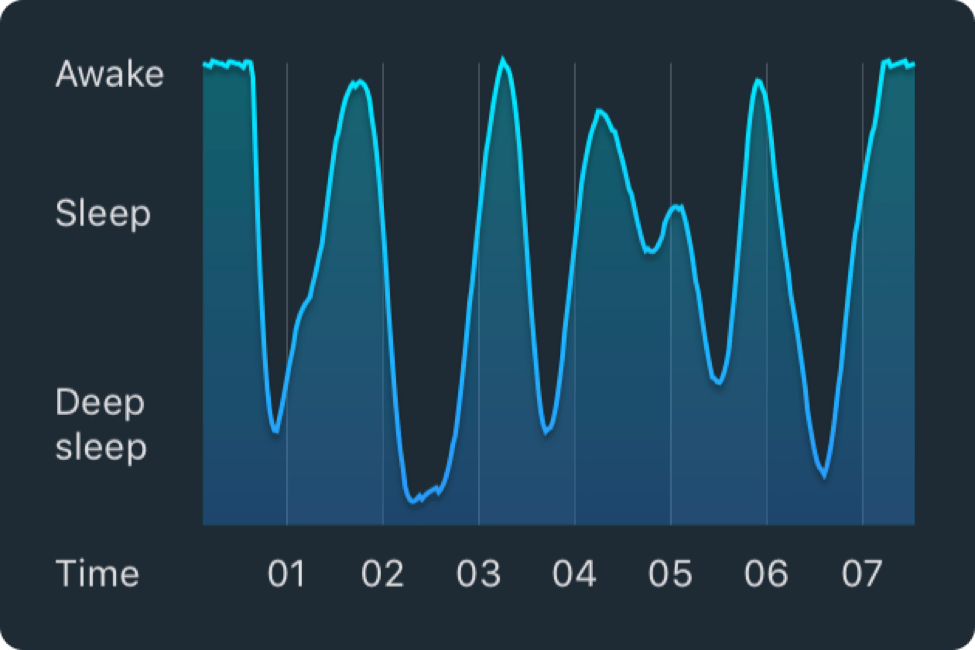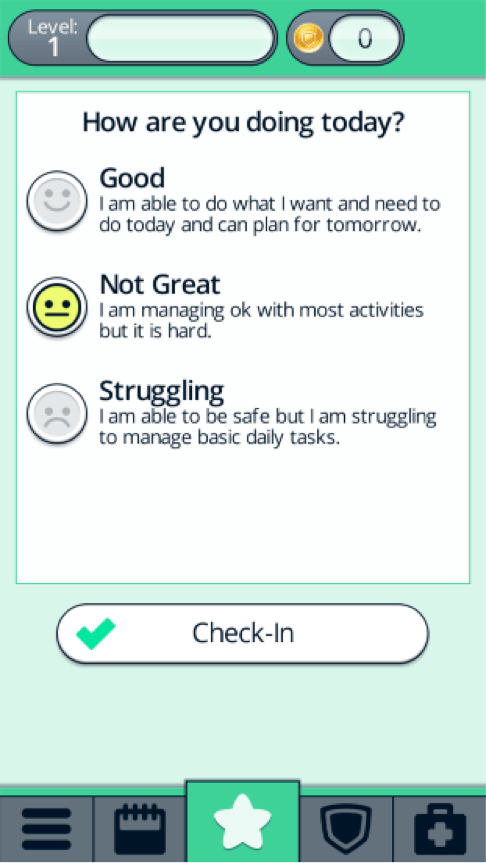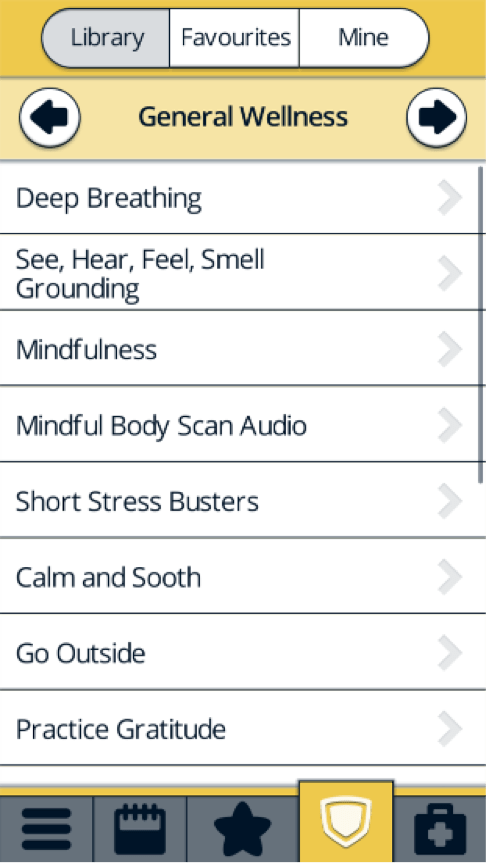I’d like to get this out of the way immediately: I’m not a doctor, nor do I think smartphone apps are capable of replacing professional treatment for any mental health challenge you might be going through. Additionally, none of these may work for you.
[Okay. Deep breath.]
However, I have found myself looking for ways to be more proactive in my self-care routine. One day, a friend of mine recommended an app to me out of the blue. It opened me up to a whole new world of weapons to add to my arsenal to fight the depression beast, and nifty tools to hold the anxiety monsters at bay. Being a millennial, perpetually glued to my smartphone and wandering aimlessly from one wifi hotspot to another, it made so much more sense to utilise this amazing mobile toolbox to my benefit.
So here’s my experiences with a few different apps, and maybe you’ll find at least one of them helpful.
Sleep Cycle
Sleep Cycle is likely the most well-known of these apps, having been featured on both iOS and Android, has been critically analysed both positively and negatively. The app uses the microphone or accelerometer on your phone (depending on platform) to detect movement while you sleep. The app then graphs your sleep cycles, and chooses the time that you are in the lightest of your sleep patterns to wake you up.

I was honestly put off by the idea of waking up earlier than my usual alarm, but most nights the Sleep Cycle alarm woke me without the urge to club my phone to death. It’s also been really great to review my sleep patterns and analyse the nights that I have poor sleep, allowing me to dig into the WHY – what happened that day that caused me to sleep poorly? Having that information helps to be more proactive in my self-care routine.
Worry Watch
Worry Watch for iOS is advertised as an anxiety journal. The idea is that by logging your moments of anxiety, the app can show you a breakdown of these moments to allow better understanding of those moments while you are feeling less anxious or unable to think through the problems at the time.
So how does it hold up on its promise?
Reviewing the past to improve the future is a difficult task to execute on. Self-reflection is however one of the more prominent therapeutic exercises for treating anxiety, allowing us to unravel those moments and understand the triggers. Worry Watch lets me do that by categorising them by context (and boy do I love organising things), jotting down notes on the event, and then stating whether or not the outcome was as bad as was initially thought.


As a both a gamer and game developer, I found Booster Buddy for iOS and Android to be incredibly charming. It offers in-app rewards for completing quizzes and performing regular day tasks, which can often be difficult for people suffering from depression. The interface, a cartoon animal, aims to positively motivate the player to get through their day and avoid overwhelming feelings that might deter them.
Each day, you’re in charge of ‘waking up’ your buddy, and completing ‘quests’ for them (like a video game hero!) tailored to match how the player is feeling, focusing on a coping skill. When you complete these quests, like going outside for a walk or taking your medication, the player earns coins that they can use to buy items for the buddy.

However, my most appreciated feature is the coping skills library inside the app. There are lists of coping exercises for dealing with any of the symptoms you included in your original analysis, and more. Sometimes just having a simple thing like a breathing exercise spelled out for you is one of the most helpful things in the world.
Illnesses like depression and anxiety continue to grow in prevalence, and any ammunition we can use to provide supporting fire in the battle for mental health is a welcome piece of aid. Are there apps that I didn’t mention that personally helped you? I’m always up for trying new things, so feel free to contact me via Twitter @boynamedearth and let me know.
Support Our Campaign
We rely on the generosity of the public to fund our work and so far together we have achieved great things! Please do continue to support us so we can provide future generations in Ireland with the resources to recognise and talk about their emotions, and equip them to navigate the ever-changing world around them as they grow

























